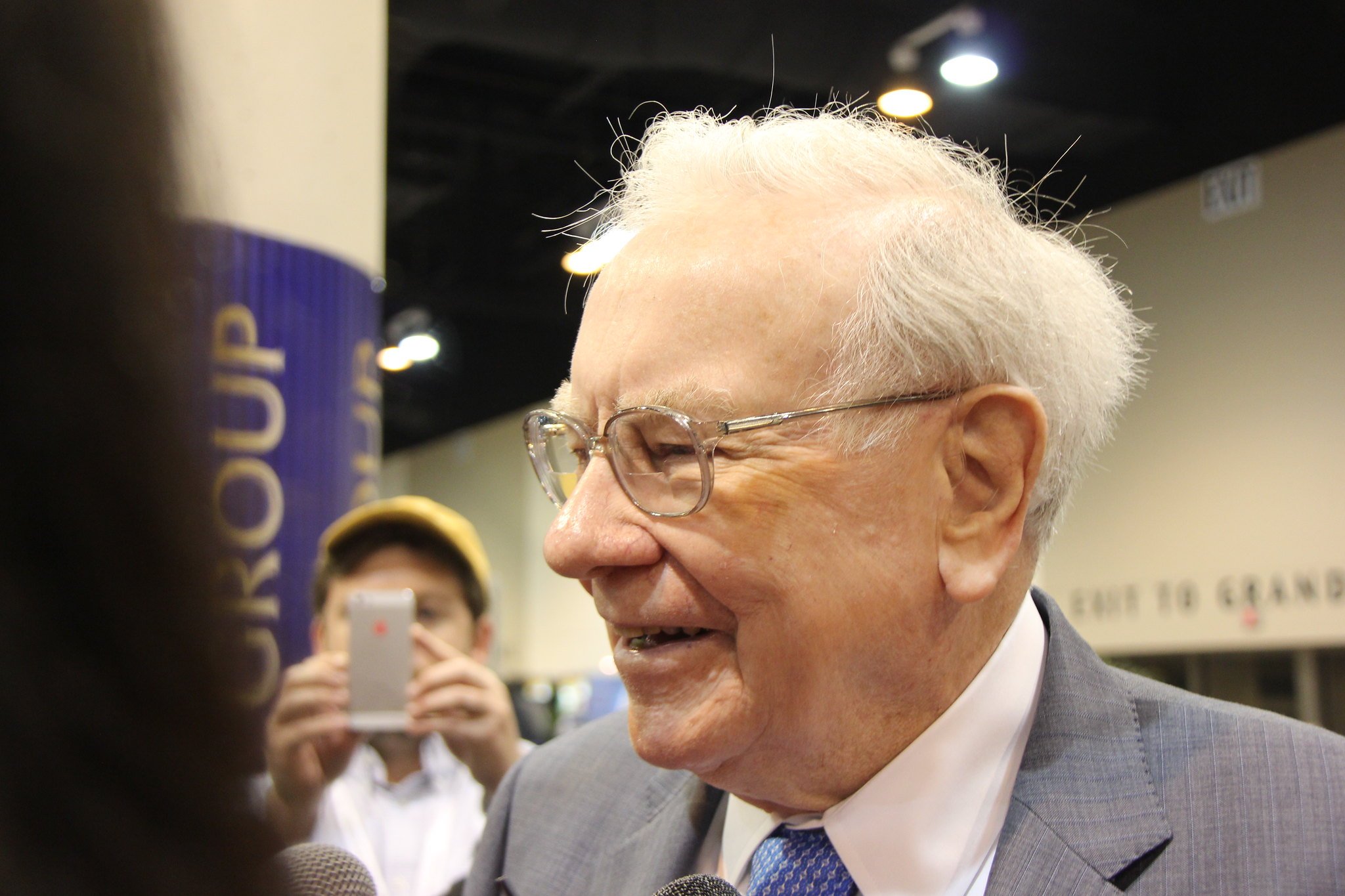There's one very simple reason Square has jumped to such a strong lead in mobile payments over the past few years: It's just so easy to use.
In the span of just a few years, Square has leap frogged entrenched players in the finance world -- from megabanks like Bank of America (BAC +0.34%) to household names like Visa (V 1.03%) and MasterCard (MA 1.32%), just to name a few.
The key is, and remains, convenience
For consumers, the process is the same as always. Pull out your wallet and swipe your Visa or MasterCard credit or debit card. The only difference is that now those cards work just as well inside a physical store as they do in a roadside food truck or for that matter in the middle of a corn field 100 miles away from civilization (as long as there is cell phone service).
For venders, it's nearly as simple. Sign up online in a process that takes less than five minutes. A few days later, a small dongle comes in the mail. Simply plug it into a smartphone or tablet, download the square app, and you're off and running, accepting payments in the middle of fields hundreds of miles away from civilization.
And in the future, convenience will still be the key
The past is instructive in that it informs us of how we got to the present, but it doesn't predict where we will be in the future.
And that is the challenge for Square and its competitors like eBay's (EBAY +0.83%) subsidiary PayPal. How will mobile payments evolve from what they are today into something even better in the future?
In the video below, Motley Fool contributor Jay Jenkins interviews Brandon Workman, a mobile industry expert and writer, on this very subject. In his research, Brandon and his colleagues have empirically identified convenience as one of two driving factors preventing truly mainstream adoption of mobile payment technology. In the video Jay and Brandon will explain exactly what that means today, and what it means to investors interested in profiting on the trends of tomorrow.
Have a comment or question about real estate, banks, or financial stocks? Like Jay on Facebook and leave your question or comment!









